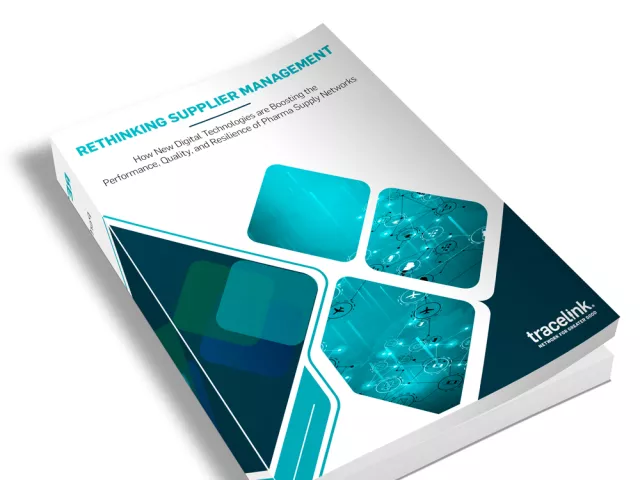Table of contents
Key Takeaways
- Multienterprise applications empower supplier management teams to create digital supply networks on demand so they can work more effectively with suppliers.
- The four types of multienterprise applications include Digital Commerce Applications, Smart Logistics Applications, Supply Management Applications, and Work Management Applications.
Multienterprise applications enable supplier management teams to create digital supply networks that keep them connected with suppliers—so they can more easily share information, orchestrate work that crosses enterprise boundaries, and build more agile and resilient supply chains.
Supplier management teams across all industries can use multienterprise applications to break down data silos, improve delivery performance, and avoid disruptions. Here are some examples of the different types of multienterprise applications your supplier management team can expect to be using in the future:
Digital Commerce Applications create networks that ensure businesses can more easily order, ship, invoice, rebate, and market products and services across the entire supply network.
Smart Logistics Applications create networks that provide third-party logistics and transportation providers with connectivity to sensor data, capturing and sharing environmental factors and the location of all products throughout the chain of custody.
Supply Management Applications create networks that enable users to share data about inventory levels, production and distribution processes, and demand and supply forecasts across the value chain of suppliers, manufacturers, wholesalers, and points of sale.
Work Management Applications create networks that enable network partners to collaborate in real time to rapidly resolve issues, manage changes, and review documents.
Watch this 90-second video featuring TraceLink CEO Shabbir Dahod for more on how multienterprise applications are shaping the future of supplier relationship management:

One additional benefit of using multienterprise applications to stay connected and orchestrate shared work with suppliers is the collective intelligence that can be gleaned across digital supply networks.
How will this powerful collective intelligence affect the future of supplier management? Resource planning decisions will be made based on real-time demand data. Shortages will be predicted and prevented more easily. And supply disruptions can be identified long before they impact production.
Download our new whitepaper for additional information on multienterprise applications and the future of supplier management.









